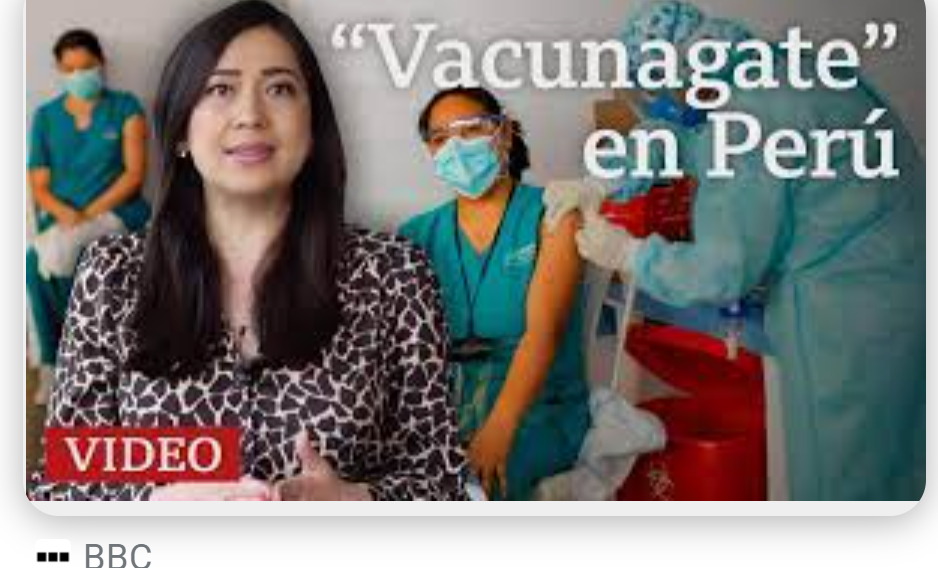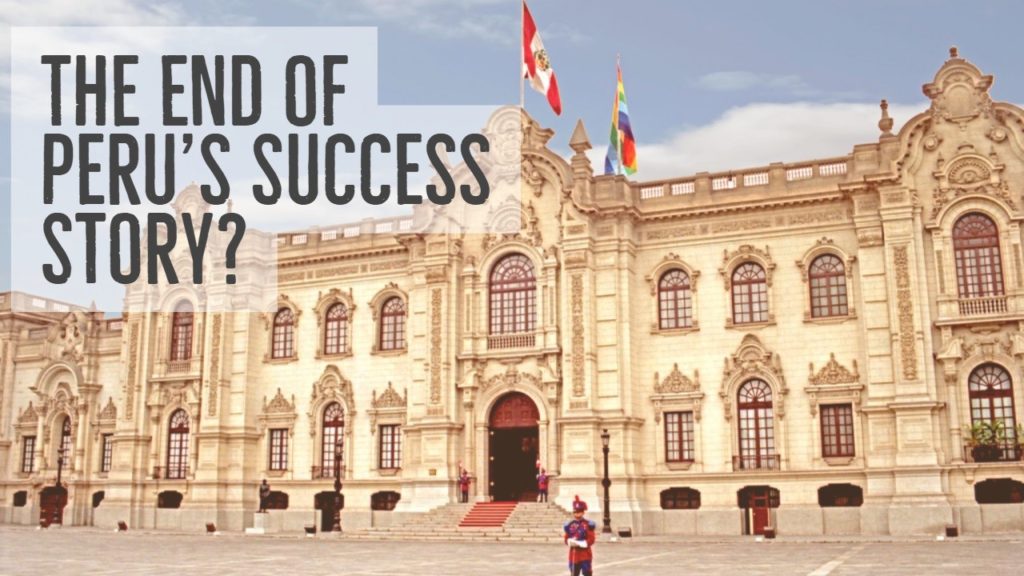The current wave of social unrest in Peru is not an isolated incident. In the past three years, similar demonstrations have taken place in Chile, Colombia, and Ecuador, with locals taking to the streets to protest against a range of issues, including inequality, tax reforms, and rising prices. The global pandemic and Russia’s war on Ukraine have contributed to a general sense of dissatisfaction with the status quo, further exacerbating the current climate of unrest, the Atlantic Council observes:
In Peru, over the past three years, GDP has maintained a steady 3 percent growth rate. But the ongoing political turmoil in the aftermath of former president Castillo’s disruption of democracy through a failed coup has led to roadblocks, airport shutdowns, and other forms of economic disruption, particularly in key sectors such as mining, agriculture, and tourism. The cost of protests, as cited by Economy Minister Contreras in December, was estimated at $21 million dollars per day.
In its 50th annual report, Freedom House has downgraded Peru from free to partly free after political chaos emerged last year with the impeachment of president Pedro Castillo who tried to dissolve Congress and rule by decree.
 Washington recently agreed to extradite former Peruvian President Alejandro Toledo to be prosecuted for corruption. He has been under house arrest in the U.S. since 2019.
Washington recently agreed to extradite former Peruvian President Alejandro Toledo to be prosecuted for corruption. He has been under house arrest in the U.S. since 2019.
A study of public opinion in Peru suggests that negative shocks can undermine system support in weak democracies. Peru’s explosive Vacuna-gate (Vaccine-gate) scandal substantially increased public views of corruption among politicians and reduced political legitimacy – that is, support for the political system, according to new research.
What additional mechanisms can the international community offer to protect foreign investors during periods of social unrest? ACUS asks. How has Peru’s private sector managed operations during the ongoing political crisis? What are some of the tools available to Boluarte’s government to mitigate economic disruptions resulting from social unrest?
 On Wednesday, March 15, from 2:00 to 3:00 p.m. (EDT) a public event will analyze the effect of social unrest in local and foreign investment across Latin America, with a specific focus on Peru.
On Wednesday, March 15, from 2:00 to 3:00 p.m. (EDT) a public event will analyze the effect of social unrest in local and foreign investment across Latin America, with a specific focus on Peru.
Speakers
- Kevin O’Reilly, National Summit of the Americas Coordinator, Bureau of Western Hemisphere Affairs, US Department of State
- Fernando Calmell, President, Association of Peruvian Entrepreneurs
- Miriam Kornblith, Senior Director, Latin America and the Caribbean, National Endowment for Democracy (NED)
- Mabel Huertas, Managing Partner, 50+1 Grupo Analisis Politico
- Jaime Depuy Ortiz de Zevallos, Legal and Regulatory Affairs Manager, ComexPeru
- Jason Marczak, Senior Director, Adrienne Arsht Latin America Center, Atlantic Council
Moderator: Diego Area, Deputy Director, Strategic Development, Adrienne Arsht Latin America Center, Atlantic Council. RSVP








Follow the conversation on Twitter with @ACLatam and @AtlanticCouncil using #ACPeru